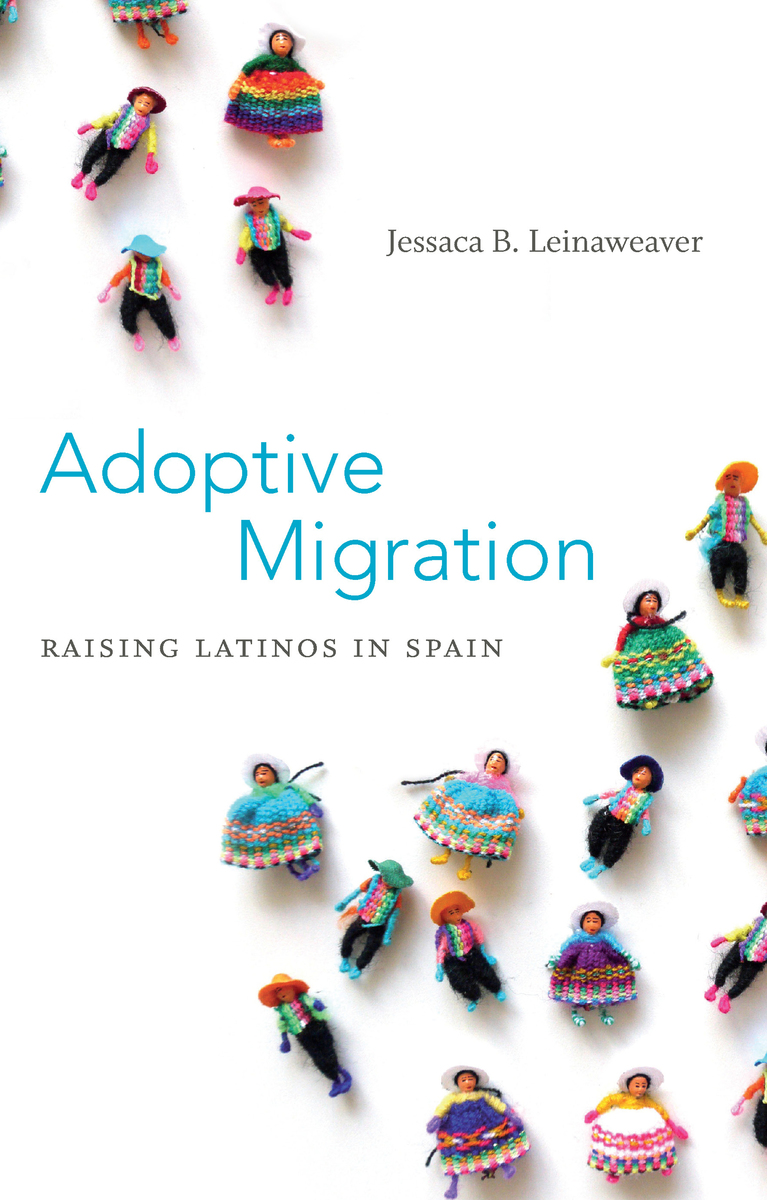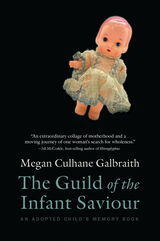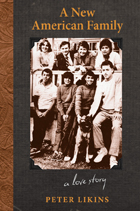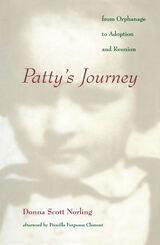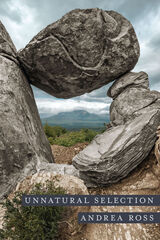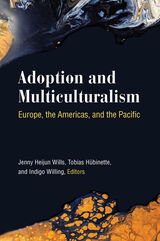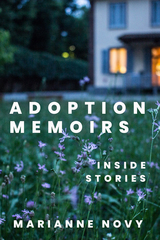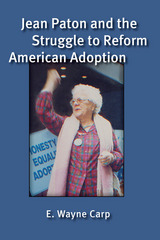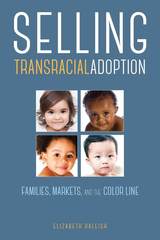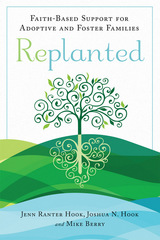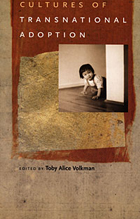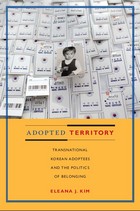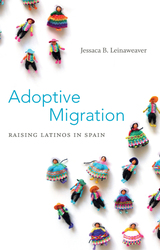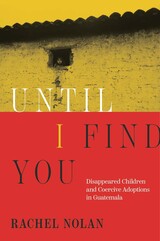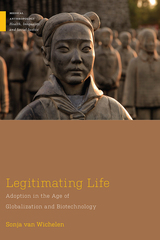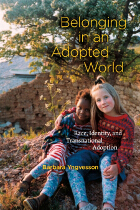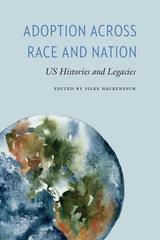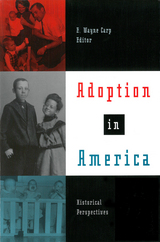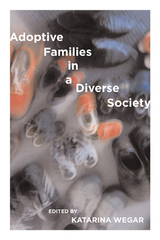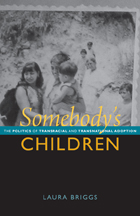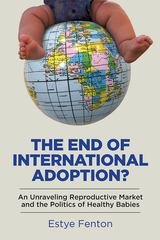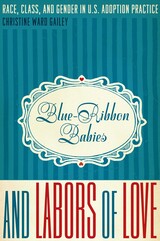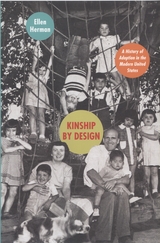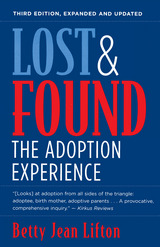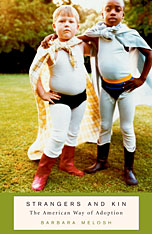"In Adoptive Migration, Jessaca B. Leinaweaver brings her earlier work on kinship and adoption in Peru to bear on the lives of Peruvian migrants to Spain. Arguing for an integrated analysis of migration and kinship, she produces bold new insights into how children from Peru, including adoptees and immigrants, navigate their lives in a rapidly changing Spain. In the process, she raises important questions about nationality and identity."—Andrew Canessa, author of Intimate Indigeneities: Race, Sex, and History in the Small Spaces of Andean Life
"In this lucid and beautifully written book, Jessaca B. Leinaweaver rethinks transnational adoption, considering it as a form of immigration. Focusing on Spain, an epicenter for both phenomena, she examines the notions of culture, assimilation, and childhood that make receiving societies treat transnational adoptees and other immigrants so differently. This book provides food for thought for all those touched by transnational adoption or immigration, which is to say, all of us."—Laura Briggs, author of Somebody's Children: The Politics of Transracial and Transnational Adoption
“Both professionals involved with intercountry adoption and adult family members of intercountry adoptees would benefit from reading Leinaweaver’s book… [Additionally] researchers in the area of adoption, and more specifically intercountry adoption, will find Leinaweaver’s presentation of the complex issues to be intellectually stimulating and implying directions for future research.”
-- Judith L. Gibbons and Katelyn E. Poelker PsycCRITIQUES
"A thoughtful and insightful study which describes the multiplicities inherent in the ways in which families experience both adoptive and labour migration."
-- Jamie-Leigh Ruse Journal of the Royal Anthropological Institute
"An astute understanding of the Peruvian experience in Spain and an ability to network and access the Peruvian population there."
-- Heather Jacobson Comparative Studies in Society and History
"Jessaca B. Leinaweaver’s Adoptive Migration is a welcome addition to this literature—a body of work that addresses questions about belonging, nation, culture, and identity. … Adoptive Migration is engagingly written; Leinaweaver deftly draws in her readers as she recounts how she came to see unanticipated overlaps between adoption and labor migration. Beyond providing fine-grained case studies of Peruvians in Spain, the book should provoke scholars of both adoption and migration to think more deeply about the intersections of adoption and migration elsewhere in the world."
-- Toby Alice Volkman American Anthropologist
"In sum, this masterful piece examines a current issue—international adoption and family migration—of great relevance beyond the discipline and beyond the academy. The text could be read in social work, psychology, and family studies with a focus on adoption, and in migration studies, transnationalism, demography, or by Latin Americanists with a focus on migration. Beyond the academy, adoptive families and adoption professionals could benefit from the comparative observations so clearly and engagingly written."
-- Diana Marre Journal of Anthropological Research
"The real strength of the book ... is that it functions as one of the first clear attempts to provide comprehensive ethnographic data to support the theory that inter-country adoptees and other transnational migrants may be examined and theorised together.... Ultimately, the book provides anthropologists of adoption and migration with an ethnographic model for studying international adoption routes and other child migratory routes simultaneously. It also demonstrates why a comparative consciousness of global migration matters."
-- Rachael Stryker The Australian Journal of Anthropology
“Adoptive Migration is a highly accessible, engagingly written, and deftly argued anthropological study. Without doubt, it deserves wide readership among scholars of a number of disciplines, and is of particular interest to social and cultural anthropologists, sociologists and professionals working with adoptive and migrant families and children.”
-- Macarena García-González Adoption & Culture
